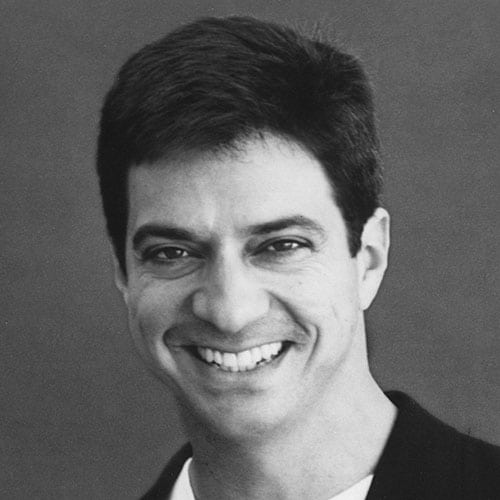 Photo from Max Pexel.
Photo from Max Pexel. On the first night of Nissan, we start counting until the moon is full on the 15th of the month. This is seder night, our annual birthday party as a nation. Some 3000 years ago, we were an enslaved people yearning for liberation from a tyrant. With the haggadah, every year we gather to start our calendar anew by retelling the saga of the birth of the unbreakable soul of our nation. Pesach reminds us that we have a powerful, unique neshama (soul) as individuals and are also a part of the greater soul of the Jewish People.
Chazal (our sages) teach that ideally our neshama is the rider while the body is the horse — honored with shlepping our precious, divine soul on its mission. Kabbalah offers a window into our souls, a five-levels of the soul paradigm clarifying the features of the ephemeral self.
The first level is known as Nefesh. This is an aspect of consciousness we share with the animal kingdom. It is the basic life force, our instinct, our autonomic survival functions. Unlike all other creatures, humans don’t rely on mere instinct; we also have an awareness of right and wrong. Our nefesh is expressed when we hear the voice of the conscience, the cross-cultural awareness of good and evil. Hollywood blockbusters with heroes and villains can be marketed internationally because all humans share certain internal ethics.
The next level is Ruach. It is a uniquely human attribute and is based on our quest for truth. Ruach is typically translated as wind or spirit—like the passage of wind from our lungs when we speak. Great music endures forever because our ruach soul hears it as truth, a taste of eternity.
The third level is referred to as Neshama. Neshama is the generic Hebrew term for soul. But in this five-level model, it refers to the power of our thoughts. We are affected by more than mere actions and words. We have ideals. We have a sense of mission; a belief we have a special purpose and it’s our neshama speaking when we pursue happiness.
The penultimate level is the reason that Passover is one of the most widely celebrated holidays. We love the traditions, songs and stories associated with our annual homecoming. We love spending time with fellow members of the tribe, engrossed in the powerful mitzvah of the transmission of our heritage. This is known as our Chaya — our life-force, the “pintele yid” (Jewish pilot light) that gets sparked up when we hear a great sermon, Chasidic story or Jewish song. This fourth level of the soul supersedes common sense in regards to the survival of the fittest. Thanks to our chaya we are willing to lay down our lives for the love of country.
The top of this pyramid is known as Yechida. It’s the identification with the ultimate universal soul, connecting with the omnipresent entity we call God or Hashem. Yechida is related to the idea of being separate, alone with another. The “yichud room” at a traditional Jewish wedding is where the bride and groom complete their marriage with seclusion in an intimate space just after the ceremony. We’ve all felt yechida with the Almighty—those times when we are deeply connected and overwhelmed. Most parents describe unbridled yechida at the birth of a child. Some get it while carving fresh tracks on a deep powder ski day or getting lost in a beautiful piece of music.
I have many friends who know they were saved from a potential accident by miraculous intervention. Another word for that “knowing” is yechida. We can’t stay in the realm of yechida. We get momentary glimpses and then our ego pulls us away, but we can use moments of “yechida memory” to guide us through times of darkness.
The experience of immersing in the Pesach week of freedom impacts us on all five levels of the soul. This Pesach, embrace the rollercoaster ride of unabashed neshama inebriation. Use the four cups of wine to get just a bit out of time and space in order to enter the story, a story that is still being written. Remember the five levels of the soul and how the realm of the spirit can be even more tangible than that of the material.
Chag Pesach sameach!
Sam Glaser is a performer, composer, producer and author in Los Angeles. He has released 25 CDs and is the author of The Joy of Judaism.























 More news and opinions than at a Shabbat dinner, right in your inbox.
More news and opinions than at a Shabbat dinner, right in your inbox.